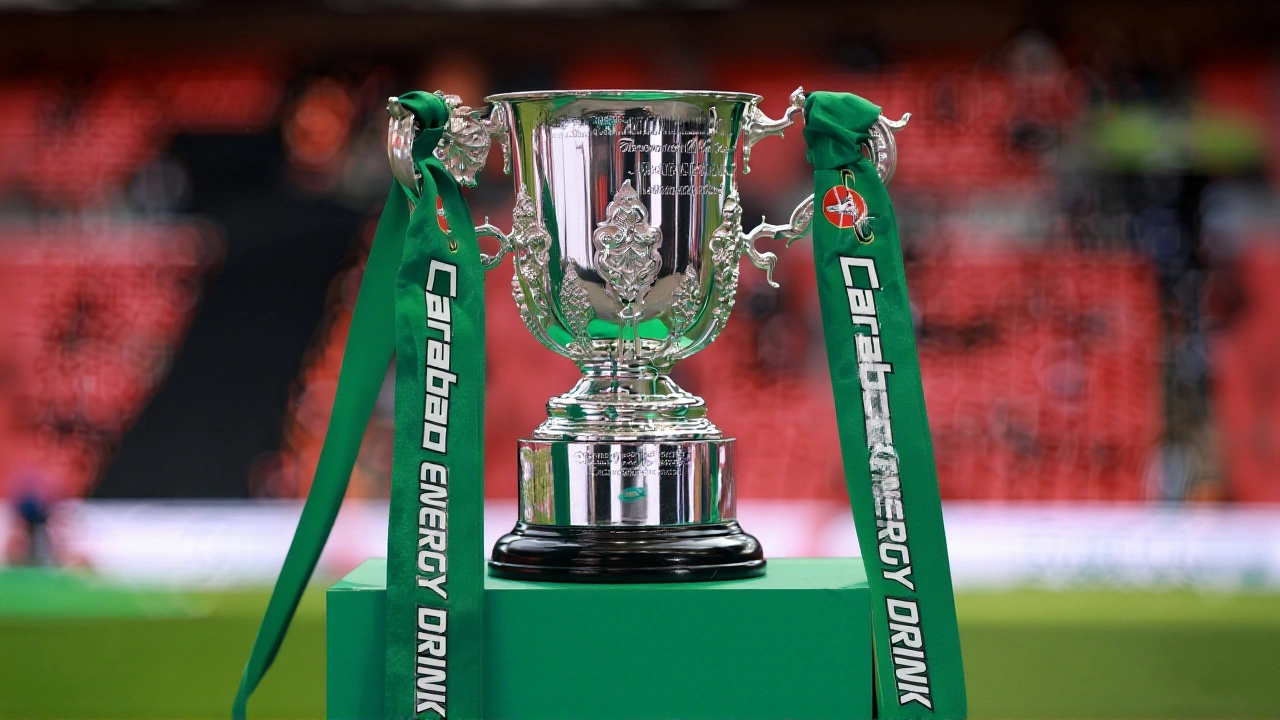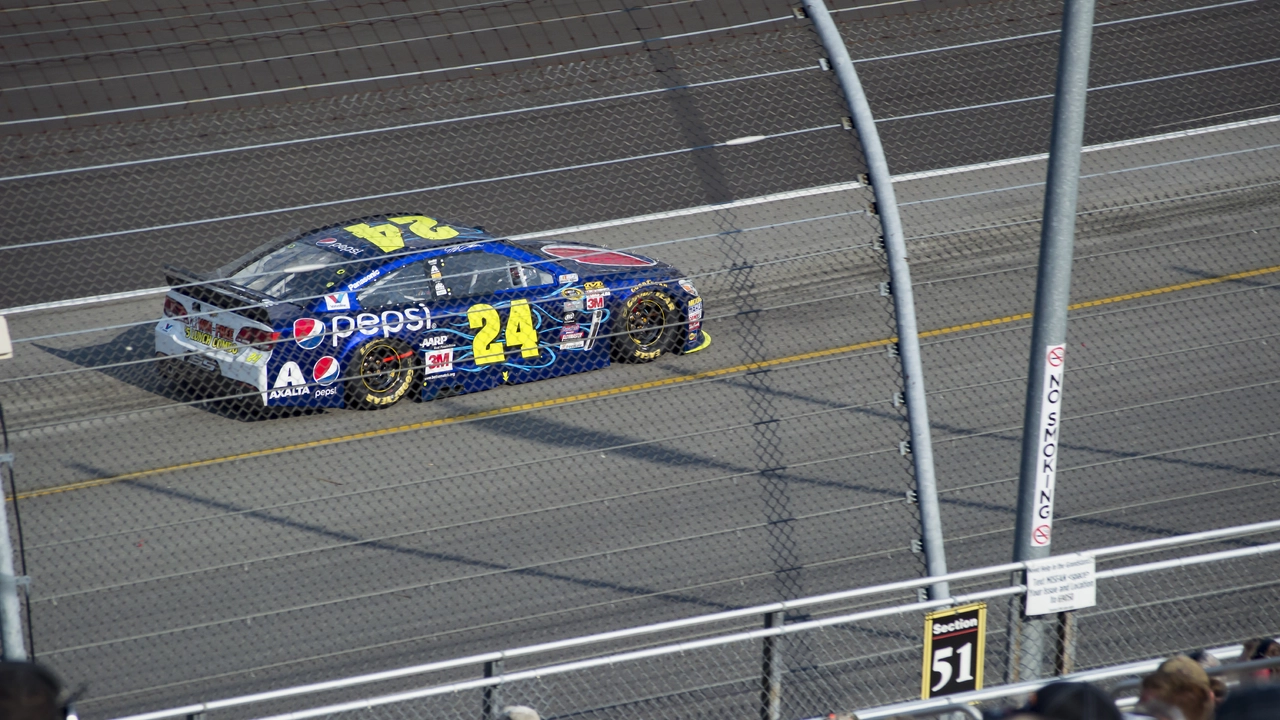The 2025-26 Carabao Cup second‑round draw is out, pitting Manchester United against League Two side Grimsby Town. The round also features all‑Premier League clashes, Championship vs. Premier League fixtures and several lower‑league giant‑kill opportunities. Newcastle United enter as defending champions after their 2025 triumph. Wembley will host the final on March 22, 2026.
Sports Commentary and Analysis: The Real Talk on NASCAR Criticisms
Whenever a NASCAR race ends, the conversation doesn’t stop at who won. Fans, journalists, and even drivers start pointing out the sport’s biggest flaws. Understanding those complaints helps you see the whole picture, not just the fast laps.
Diversity and Audience Issues
One of the loudest complaints is the lack of diversity. The driver lineup is still mostly white men, and the fan base mirrors that pattern. Critics argue that without a broader representation, the sport misses out on fresh talent and new markets. Some teams are now launching outreach programs to attract drivers from different backgrounds, but progress feels slow.
Beyond the drivers, the audience itself is a point of contention. NASCAR’s core fans tend to cluster in certain regions, which limits national appeal. Sponsors notice the gap and push for more inclusive marketing. If the sport wants to grow, it needs to break the regional mold and speak to younger, more varied audiences.
Race Format and Environmental Impact
Another common gripe is the race format. Many casual viewers find the continuous left turns boring after a while. The argument is that variety—more road‑course elements or reverse grids—could keep the action fresh. NASCAR has experimented with street circuits and knockout rounds, but traditionalists often resist change.
Environmental concerns also make headlines. Each race burns thousands of gallons of fuel, and the noise levels can disturb nearby communities. Critics demand greener technologies, like hybrid engines or bio‑fuels, to reduce the carbon footprint. The league has started testing more efficient engines, yet the transition is still in its early stages.
Safety is the final piece of the criticism puzzle. While NASCAR has improved crash protection over the years, accidents still happen, and some fans feel the safety measures aren’t enough. Advanced helmet designs, better barrier systems, and stricter medical protocols are being discussed. Drivers themselves often speak up, urging the organization to keep safety at the forefront.
Technology is stepping in as a possible fix. Electric prototypes are hitting test tracks, and data‑driven aerodynamics could cut fuel use while keeping speeds high. If manufacturers invest, fans might see a greener, faster NASCAR within a decade.
So, what does all this mean for you as a fan? Knowing the criticisms lets you engage in deeper conversations, support positive changes, and enjoy the sport with a fuller perspective. Whether you’re cheering from the stands or watching from home, you now have the facts to back up your opinions.
In short, NASCAR faces real challenges: diversity gaps, race monotony, environmental impact, and safety concerns. The sport is already taking steps, but the road ahead will require bold moves and fan involvement. Keep an eye on upcoming rule changes and community initiatives—they’ll shape the next era of racing.
Want to stay updated on how NASCAR evolves? Follow the latest commentary, watch test sessions, and join forums where fans debate the sport’s future. Your voice can push the industry toward the changes it needs.
NASCAR racing, despite its massive popularity, does face some criticisms. A primary concern is the lack of diversity in the sport, both among drivers and fans. There's also criticism over the perceived monotony of the races, as some folks find the continuous left turns less thrilling. The environmental impact of NASCAR races, namely the carbon emissions and noise pollution, is another point of contention. Lastly, there's the issue of safety, with critics arguing that more could be done to protect both drivers and spectators.

